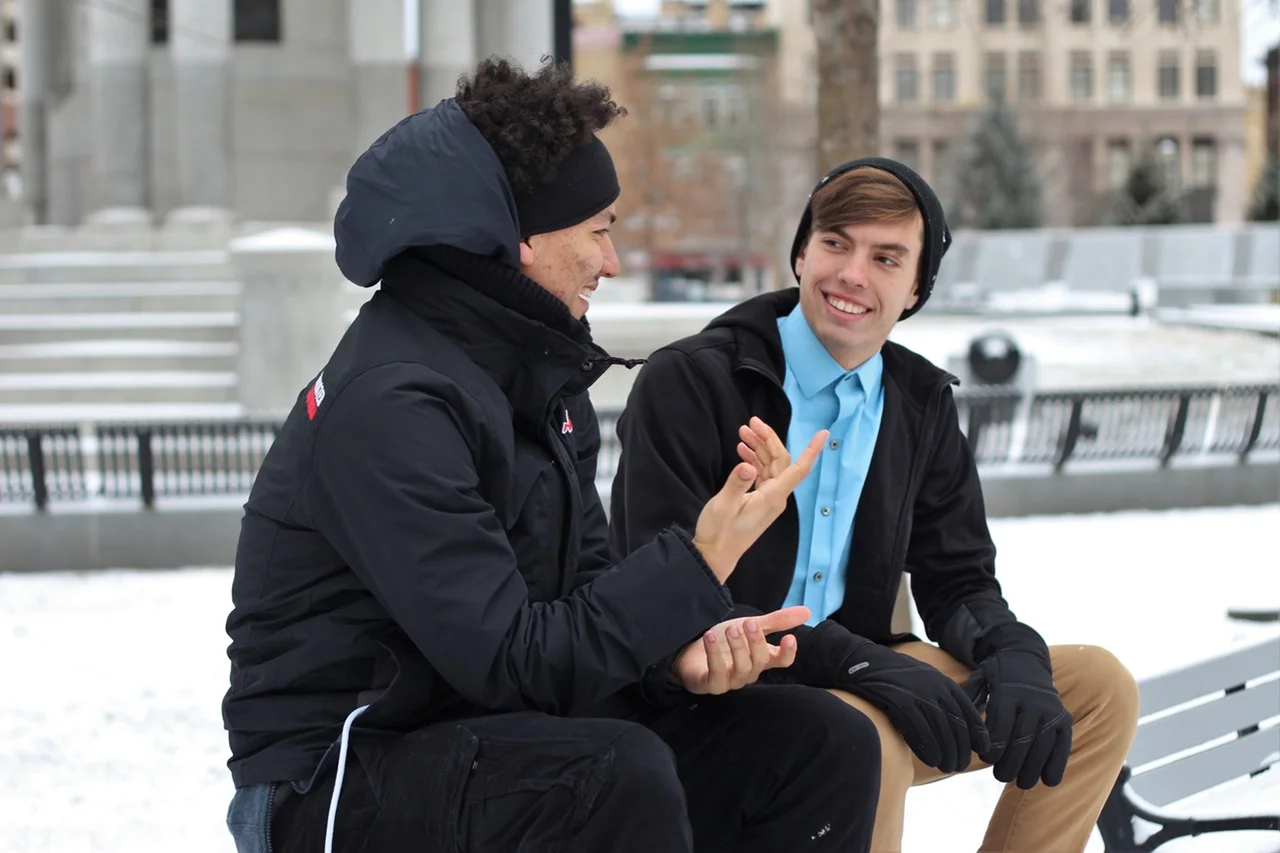Facing Insecurity, Embracing Empathy
/I believe one of the most helpful things we can do for ourselves and each other is get to know ourselves on a deep level, with compassion and curiosity. It’s not always easy, and often a messy and painful experience to face the parts of ourselves that we have hidden- and hidden from- out of a feeling of necessity and fear. Often, this process requires another mind- or community of minds- to help us.
I’m struck by the words of a former Marine (on Veteran’s Day, no less) named Janae Marie Kroc. She is a white transgender woman, former Marine, and powerlifting world champion who has been public with her transition process, via Instagram and the documentary film Transformer. I was first introduced to her via the strengthlifting community while doing the Kroc row, a lift named after her, and have since followed her on Instagram and listened to her on many different podcast interviews. Currently, she is an advocate for genderfluid, nonbinary, and transgender folks, and still competing in strength sports. Today, she shared some thoughts via Instagram which got me thinking about identity, self, and how we hide from who we are out of fear, oppression, shame, and insecurity.
Read More
